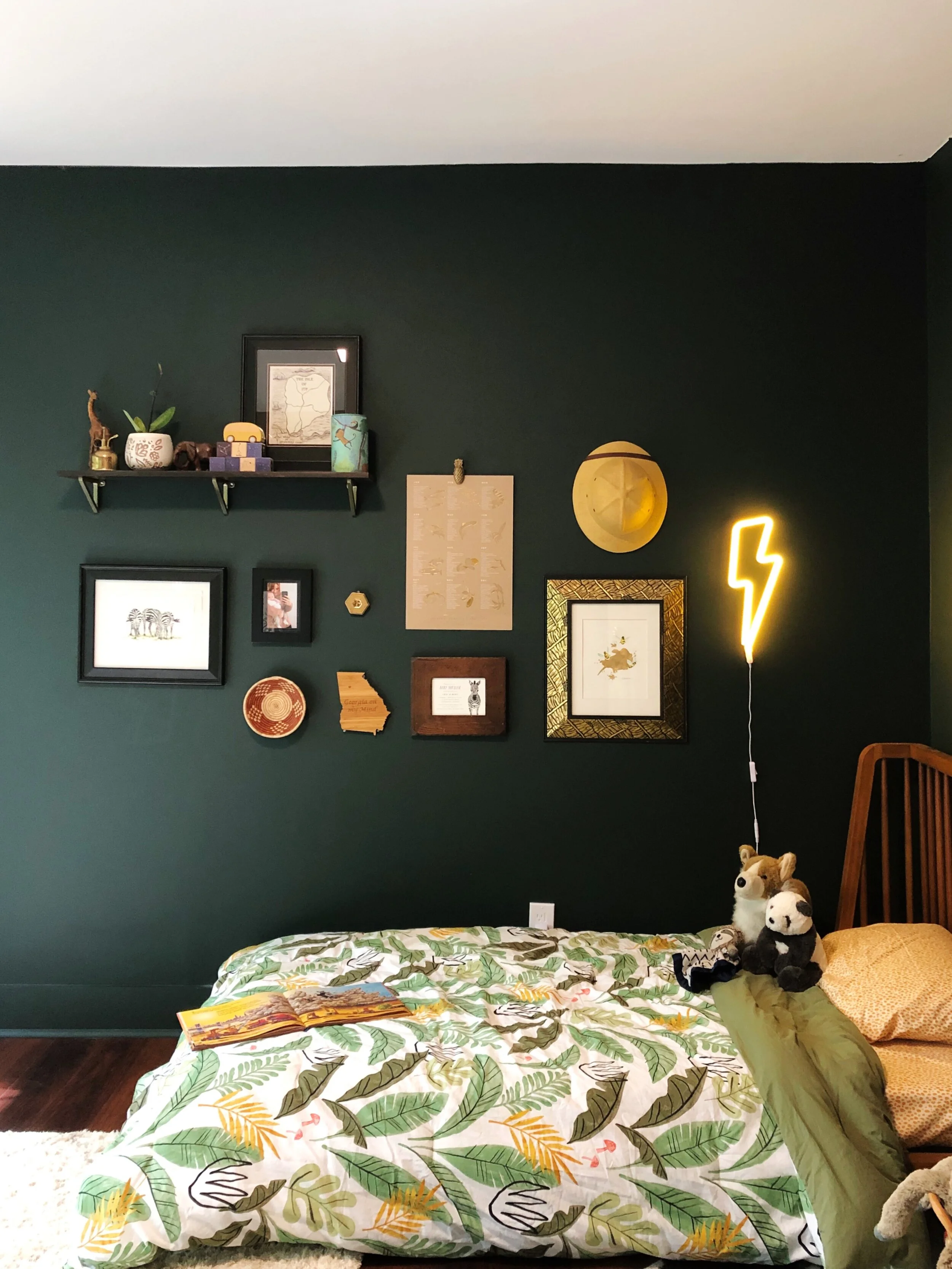adulting, considerations when buying your first home // part 1
foreword // buying a house is a complicated, scary and exciting experience, but definitely too long for just one post. so this is a 3-part series for what you will want to know from the beginning. part 1 of this 3-part series will address the age old questions of "am i ready?", "who should i work with" and "where should i plant my roots".
i am incredibly excited about this series because i partnered with an incredibly knowledgable woman to lead the way through the maze of uncertainties and nerves. the remaining parts to this series will go deeper into exploring the money behind the business and comparing wishlists to reality. this is going to great! so take my hand and let's go house hunting!
now that the engagement and wedding is over, some of the bills have disappeared and we feel a little more financially secure, Jas and i have been toying with the idea of 'our first home'. out apartment lease isn't up until early may and we are still weighing the pros and cons of being renters, but thinking about houses is always a fun one.
so every couple of weekends, we load Tucker into the truck, grab a coffee from Starbucks and adventure to a neighborhood we admire sightseeing properties that are and aren't for sale. we do it to learn more about the location, scope out potential commute times (i'm lookin' at you Waze!) and see if we can narrow down what we want. but i never realized everything that went into even considering purchasing a house!
thankfully Kallen Deck, a house hunting maven and amazing Atlanta Realtor, was able to provide great insight into the nitty gritty of homeownership.
lexi (l): when should i consider buying my first home?
kallen (k): that is a great question, because everyone's situation is different. first-time homebuyers are usually renting, so they're people who typically consider buying a house when their landlord raises the rent or they need more space than the rental provides.
personally, i was at a point in my life where i needed to move so i was comparing various apartments and lofts in the city.
“MAN, they {apartments} were expensive. when i ran the numbers, i realized that by buying a house within a specific range, my mortgage would end up actually being a tiny bit more than rent at a complex. but i also throught “for $150 more each month, the tradeoff is that i’ll have equity in the property, my money each month isn’t being thrown away and i can do what i want to my house.” it was a no-brainer.”
at the time, i was single so i also got a roommate who paid rent which covered half of my mortgage - i ended up actually paying considerably less each month than i would have paid at an apartment.
money aside, you should also consider buying your first home when you're feeling stable about your 2-5 year outlook and lifestyle. do you plan on staying in the area for a while? are you comfortable at your job? do you have the ambition or time to maintain your property? if you're not feeling super solid about these things, it might not be the time to buy just yet.
l: how can i choose the best agent to work with?
k: i'll clear up some terminology first: real estate agents are licensed salespeople who have the ability to help clients buy and sell property. Realtors® are agents who are also members of the National Association of Realtors who adhere to a code of ethics and have an obligation to treat clients fairly and honestly. all Realtors are agents, not all agents are Realtors.
also, some Realtors work with primarily with buyers, other primarily with sellers - many work with buyers and sellers. choose someone who has experience working on the buyer side. some agents work in teams, and the person whose name is on the advertisement or billboard you call might hand you off to their buyer's agent. this isn't a bad thing, just be sure to interview that person thoroughly to make sure you're a good match.
first and foremost, your Realtor is your advocate in all transactions, and how can you be someone's advocate without understanding their needs and wants? this person should be interested in your backstory and want to know the ins and outs of your situation and what you're looking for. he or she should take the time to sit down with you and interview you about what type of property you're looking for, in what area and why. you're also interviewing them. as a buyer, you pay no fees to your agent so they only get paid on the successful purchase of your house. you should get a sense from this person that they'll be in this with you to find the ideal property and not push you into a transaction you're not 100% comfortable with.
“you should have a rapport with your agent - after all, you’re going to be spending lots of time with them in the car viewing properties and on the phone talking about the loan, purchase and negotiation process. ”
sure, buying a house can be stressful but it doesn't mean that it should also be a little fun. you should be working with an agent who puts you at ease and is able to calmly and carefully handle all situations.
finally, the person should be organized and communicative above all else. landing the perfect property might mean that you put an offer in 10 minutes before someone else. it might mean that you tour the property the day it hits the market. your Realtor should return calls quickly, respond to emails within the hour and answer questions or concerns with the utmost clarity, patience and concern for your transaction.
*disclaimer*: while your Realtor is your advocate, they simply cannot make decisions for you and much of the time, cannot provide input on "good" schools, crime or whether you're making a good investment or not. these are all subjective considerations but they can objectively provide data or point you toward sources where you can determine this yourself. a good Realtor should be intentionally vague on these topics - we're all different people and one's idea of "bad crime" or a "good investment" might be different than another's.
i seriously cannot thank Kallen enough for taking the lead on how to get started with buying a house. the process involves a lot more than most realize and it's better to know up front what needs to be considered. part 2 in this series will address money - the piece that gives me the biggest headache. she explains everything from loans to mortgages to closing costs. so don't miss it.
and if you already feel like you're ready and looking in Atlanta, be sure to reach out to Kallen. she's incredibly insightful (as you've read already), easy to speak with and can tackle any challenge. you can learn more about her through her website.
image sources: Pinterest
















